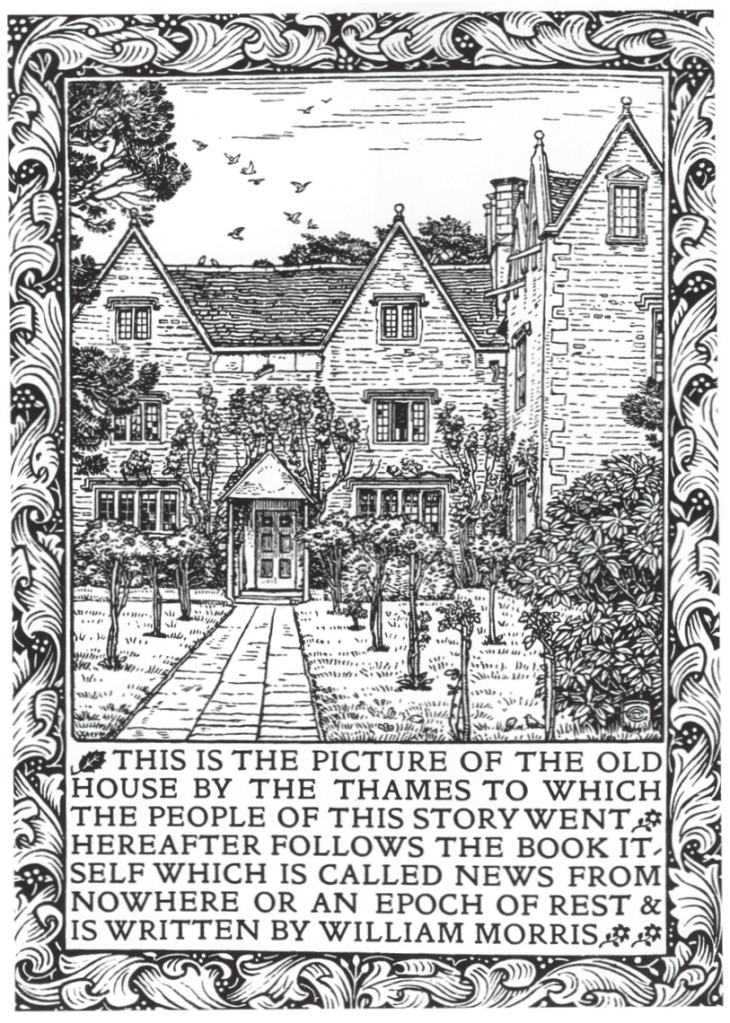Kim Adams and Saronik Bosu share an office at the English department of NYU–and now they also share High Theory a podcast where you can “get high on the substance of theory.” Their lovable podcast always identifies a single manageable topic and asks three magic questions (what is your quest? is not one of them). Today that topic is “the pastoral”; in a role reversal, John asks the three questions of Saronik and Kim.
Topics covered include the joys of sharing an office, and the irony that podcasts mimic the very social face-to-face intimacy that they actually displace. John admits RtB’s informal motto, “After the conference, the bar” is blatantly cribbed from the cry of the Paris ’68ers: sous les pave, la plage (under the pavement, the beach).

John realizes that RtB’s editing philosophy is 19th century in its desire to preserve the actuality of the conversation’s original shape. (Because “prose is the poetry of everyday life”: was it Hegel who said that?) By contrast, High Theory edits scrupulously in a Modernist mode, giving a whole new rearranged shape to the words on tape.
Then talk turns to the pastoral itself. Paul Alpers’s What is Pastoral? (1996) propounded the idea that the writer of the pastoral works to place the complex life inside the simple one. Kim looks back to early modern instances for inspiration-but is Andrew Marvell already exploring (and satirizing) this world for us in his series of Mower poems (c. 1670)?

Saronik’s case-study for the modern pastoral is off the beaten path: M K Gandhi’s Hind Swaraj (1909). It puts John in mind of the idea of modernity as transcendental shelterlessness in Georg Lukacs’ 1914 Theory of the Novel:
Happy are those ages when the starry sky is the map of all possible paths — ages whose paths are illuminated by the light of the stars. Everything in such ages is new and yet familiar, full of adventure and yet their own. The world is wide and yet it is like a home, for the fire that burns in the soul is of the same essential nature as the stars; the world and the self, the light and the fire, are sharply distinct, yet they never become permanent strangers to one another.
Kim brings up another instance of torqued Great War-era pastoral: Charlotte Perkins Gilman feminist but also eugenicist Herland (1915). (John has a soft spot for its weird sibling, Inez Hayes Gilmore, Angel Island (1914)). Kim reveals what’s somewhat creepy about Gilman’s idea of a world for us, where every tree bears fruit. Just like that amazing moment in Charlie Chaplin’s Modern Times (1936) when cows and orange trees arrive at your bungalow to supply every human need. As so often, John is reminded of late-Victorian socialism generally–and William Morris specifically.

Recallable Books
Kim locates the denouement of the American modernist pastoral mode in the goats and geodesic domes of the 60’s Colorado commune, Drop City. Key texts: Droppers: America’s First Hippie Commune and a novel (albeit primarily based on a different commune), T. C. Boyle’s 2003 Drop City.
Saronik traces the influence on Gandhi of John Ruskin’s 1860 Unto This Last, which inspired him in South Africa to set up the Phoenix Commune, which Isabel Hofmeyr writes brilliantly about in her 2013 Gandhi’s Printing Press. (John fulminates against Ruskin in response…)
John makes a plea for more writing about “the anti-pastoral.” For example, Thomas Hardy, The Return of the Native (1878), Hardy’s take on non-anthropocentric rural landscapes.
Listen and Read
Upcoming Episodes
Crossover Month continues with two fantastic novelist-critic conversations from a brand new podcast, Novel Dialogue. Hope you like Nobel laureates!
Image credit(High Theory logo at top): Wes Wilson (Creative Commons Attribution-NonCommercial-NoDerivs 3.0 Unported License)



One thought on “52 Crossover Month #1: “High Theory” and the Pastoral (Kim, Saronik, JP)”